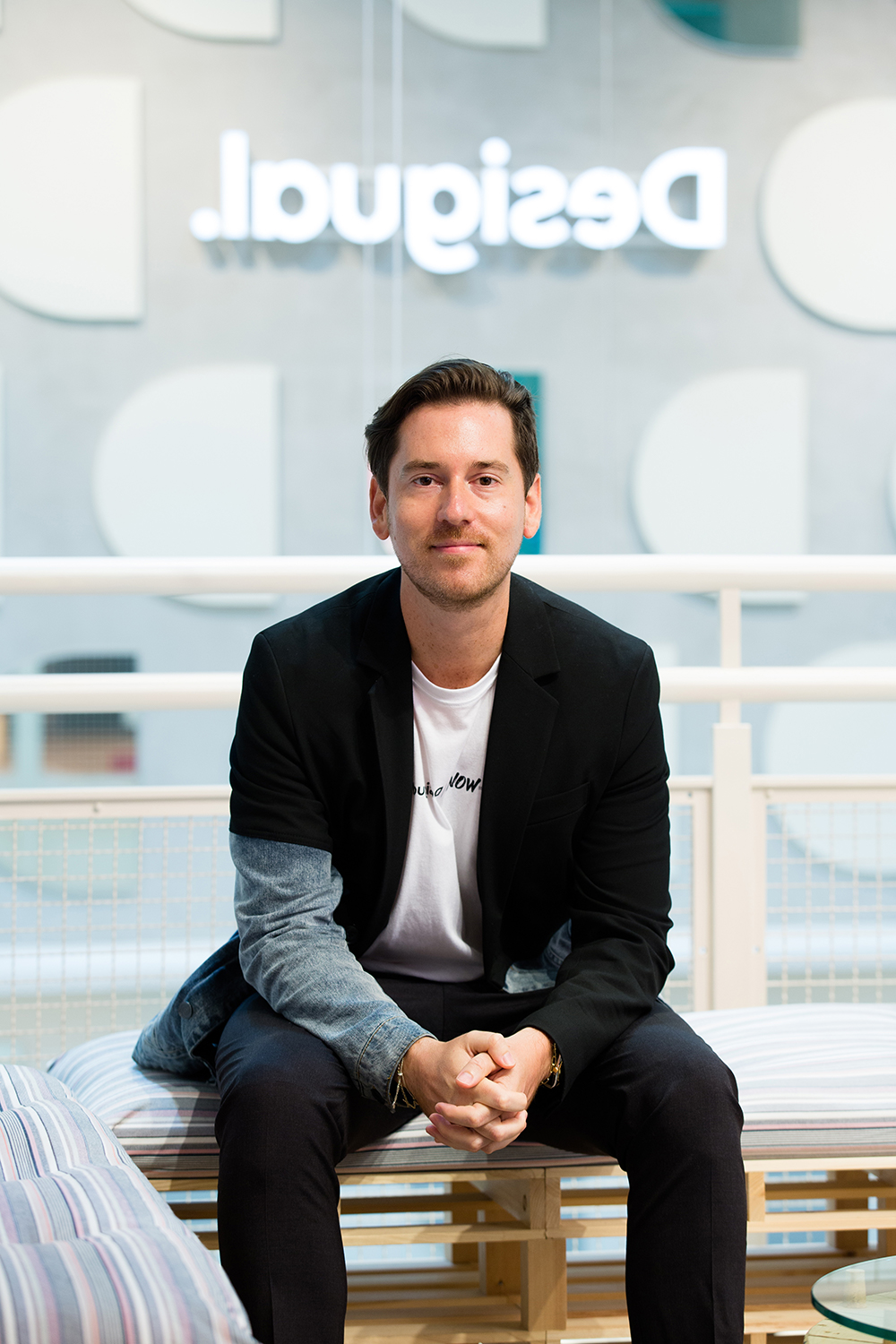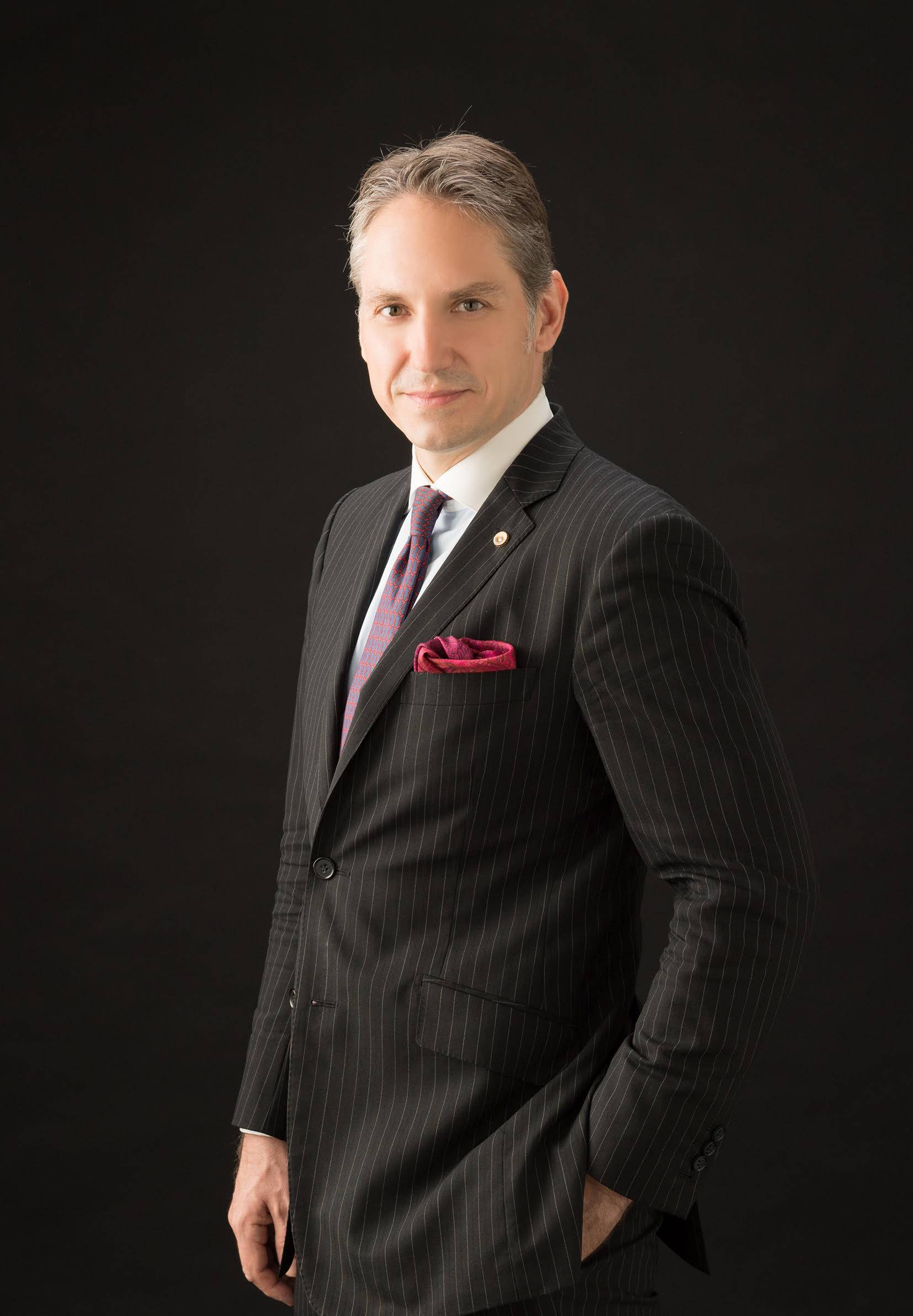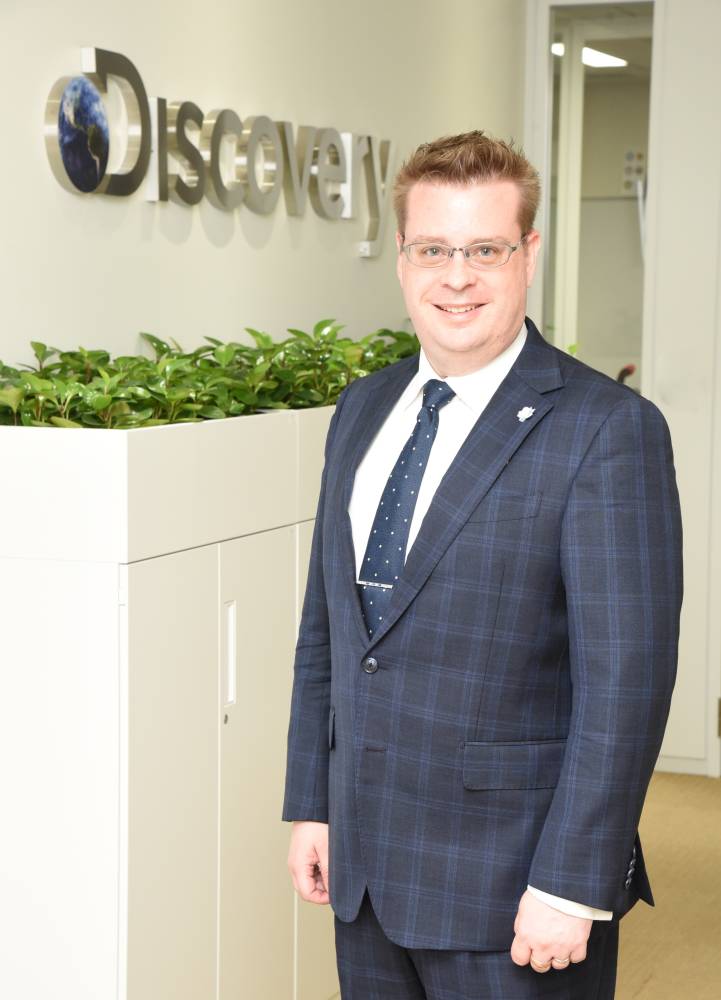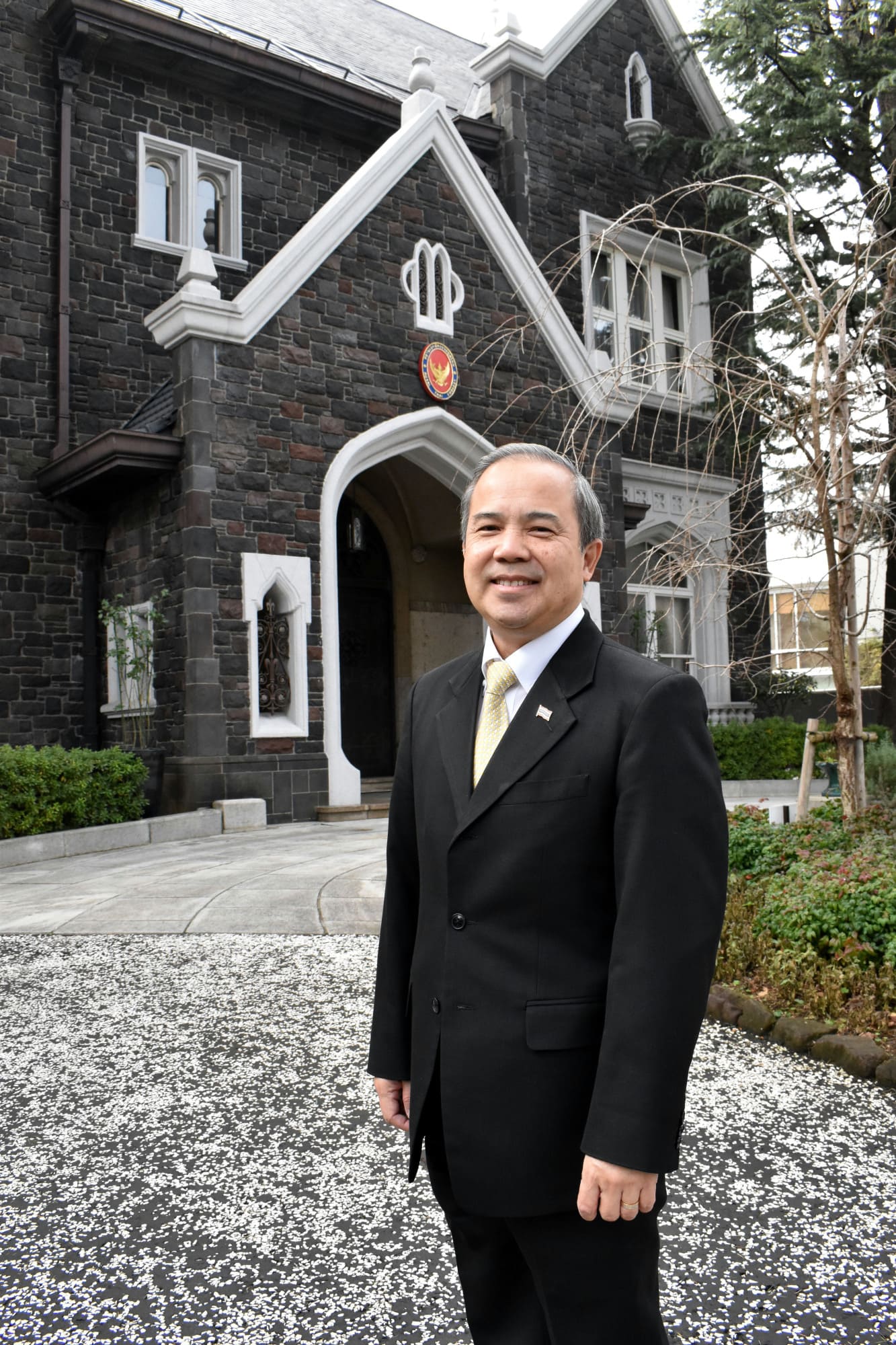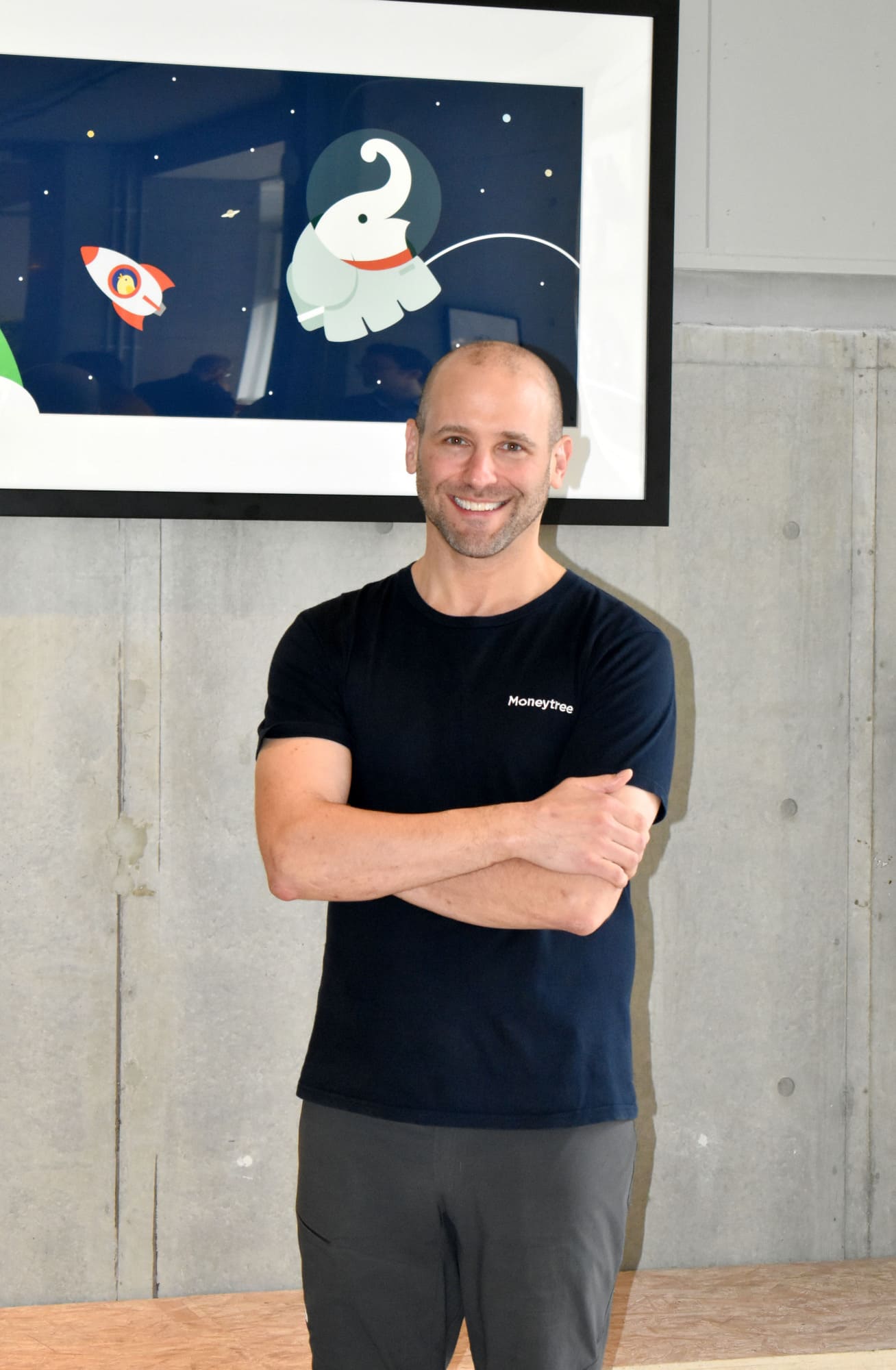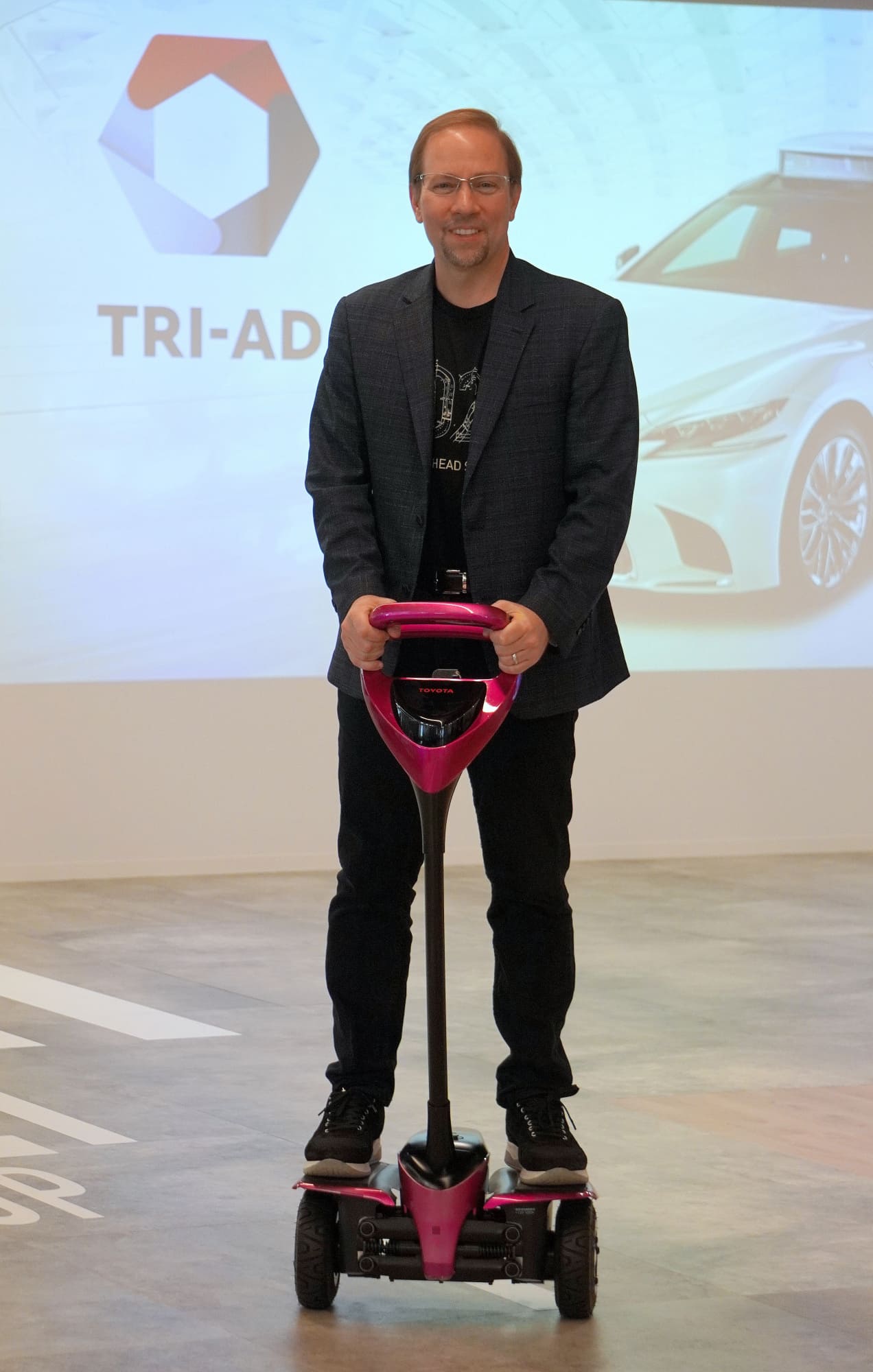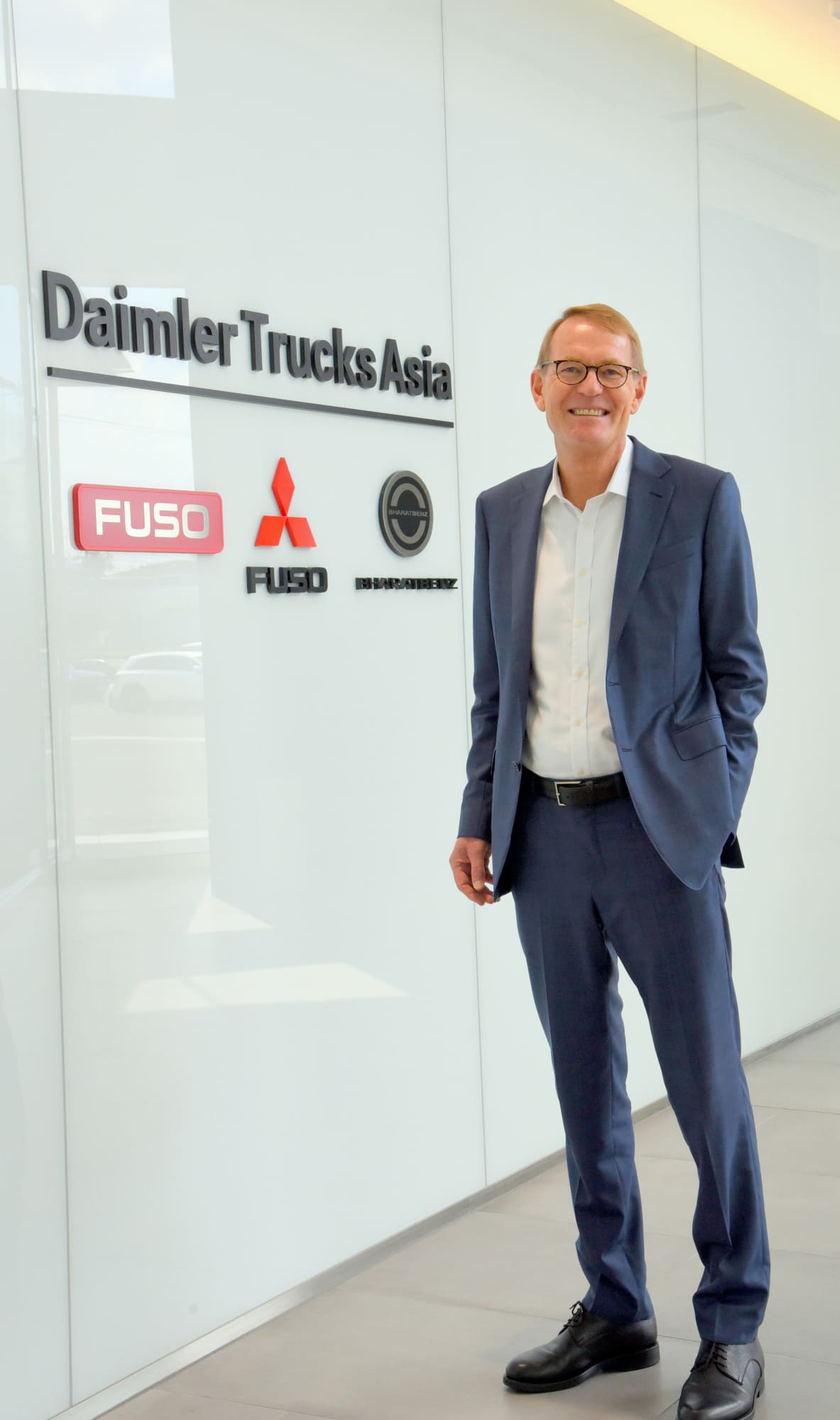
October 13, 2019
Newest post met with open-minded enthusiasm
Hartmut Schick reflects on over three decades of opportunity with Daimler
BY LOUISE GEORGE KITTAKA
CONTRIBUTING WRITER
- Name: Hartmut Schick
- Title: President and CEO, Mitsubishi Fuso Truck & Bus Corp. and Head of Daimler Trucks Asia
- URL: http://www.daimler.com/
- DoB: Oct. 5, 1961
- Hometown: Black Forest, Germany
- Years in Japan: 1
Electric vehicles (EVs) have a number of advantages over those that rely on conventional fuels. Not only are EVs cheaper to run and virtually noiseless, but with zero tailpipe emissions they are also much better for the environment. While increasing numbers of people are turning to EVs for private use, one of the fastest-growing segments of the market is for industrial and commercial vehicles.
At the forefront of this industry is Mitsubishi Fuso, the Japan-based firm that serves as a center for development within Daimler Trucks Asia, and the larger Daimler Trucks organization. German-born Hartmut Schick heads operations, bringing with him more than three decades of experience with the Daimler Group, the world’s biggest producer of commercial vehicles. Schick, who also serves concurrently as president and CEO of Mitsubishi Fuso, met with The Japan Times to discuss some of the latest innovations.
Schick has worked in a wide variety of areas around the globe in his 33 years with Daimler, including research, marketing and communications, and he is delighted that this has culminated in a chance to work in Japan. As the head of communications when Daimler joined with Mitsubishi Motors in the early 2000s, Schick was in charge of press relations and had the opportunity to visit Japan and work with local people.
In fact, he and his wife had discussed the possibility of a corporate move to Japan well before he was offered his current role. “When my boss asked me, I immediately said ‘yes.’ I decided right on the spot,” he said, smiling as he recalled his superior’s astonishment.
According to Schick, his firm’s goal is to be No. 1 in the market in terms of safety, fuel efficiency and user-friendly design, adding that new developments are very much based around the collaborative efforts of a global engineering team.
Expanding on this theme, Schick says that connectivity is a key concept in his company’s customer focus, with more Fuso vehicles slated to be connected in the coming years. “The most important aspect is that this is a global thing — we have one data lake shared across markets. If, for example, you have a vehicle running in the U.S., in Europe and Japan, it’s ideal to collect all relevant data in the same lake. Then the next step is to analyze this data.”
Once these foundations have been laid and numbers crunched, the results are utilized to assist commercial customers in each region of the world with specific applications. “We can look at the data from the vehicles and predict the best ways to reduce downtime, and therefore increase their productivity,” Schick said. “In the world of EVs, there is another advantage to connectivity; collected data can be used to predict the optimal time and place for drivers to charge their vehicles.”
Having worked in Europe and South America, Schick is well versed in interacting with diverse teams from various cultures. “When I started working in Brazil many years ago, I learned that every culture has its strengths and that sometimes the German way of doing things is not always the best one,” he said.
The concepts of teamwork and trust are the core values that define Schick’s leadership style. “I believe you can implement these things worldwide. I think there is a common understanding that these are important — the basics in relationships.”
“The strength here in Japan is definitely the people … their dedication to do the task perfectly,” Schick said. “And here people are open to modern thinking, while also considering heritage and tradition.”
He points out that Daimler patented the first car in Germany in 1886, while Mitsubishi was founded in 1870. “We have two companies with a long tradition. If you combine this in the right way, we can have the strengths of both Germany and Japan.”
The CEO enjoys outdoor activities and exploring what Japan has to offer. “I’ve now climbed Mount Fuji twice. I have heard this Japanese saying, ‘He who climbs it once is wise; he who climbs twice is a fool,’” he said with a grin. “I slept in a mountain hut, with 100 people all in the same small place and all with the same objective of getting up at 4 o’clock to see the sunrise. Standing there, I could understand … why people think this is something very special.”
He has also made respectable progress with his Japanese skills, and has gained a working knowledge of the language since arriving here 18 months ago. “I can make a restaurant reservation or tell the taxi driver how to bring me home. It’s nothing which you can use in negotiation at the company, obviously, but I’m improving.”
Looking ahead, Schick is keen to attract new, young talent to the firm. “There is a lot of competition and today’s young people are different. They ask, ‘How does your purpose match mine?’ and for them it is important to offer something for society, or the environment,” he said. “It is no longer enough to have just numbers as an objective. ‘Why are you doing it?’”
Schick has visited branches all over the country, taking time to listen to what employees want. “I think (this) is the most important thing — we have to know the needs of our people,” he said. “I want people to say that they are proud of this company.”
From domestic roles to overseas positions
After graduating with a degree in mechanical engineering from the Technical University of Karlsruhe, Hartmut Schick started his career with Daimler in Germany in 1986. After various domestic roles, in 1997 he was appointed as head of production and logistics for the passenger cars product line at the Mercedes-Benz plant in Juiz de Fora, Brazil. Subsequent posts have included chief of staff of the chairman of the board of management of DaimlerChrysler AG, head of global communications of the Daimler Group, and then head of Daimler Buses and CEO of EvoBus GmbH. He has held his current position in Japan since April 2018, and is now responsible for both the Fuso and BharatBenz brands under Daimler Trucks Asia. A keen sportsman, Schick likes skiing, running and cycling in his spare time. He is also passionate about food and enjoys cooking for family and friends at home.

